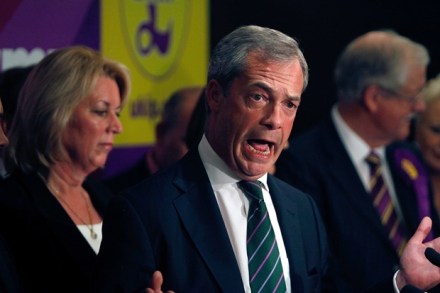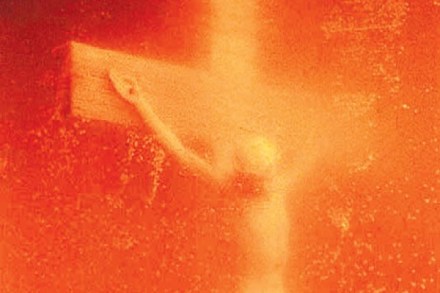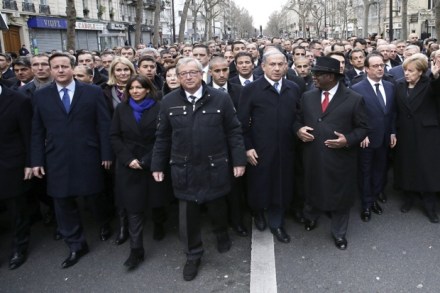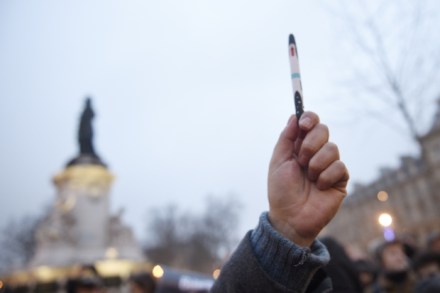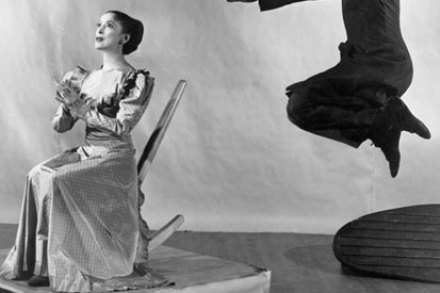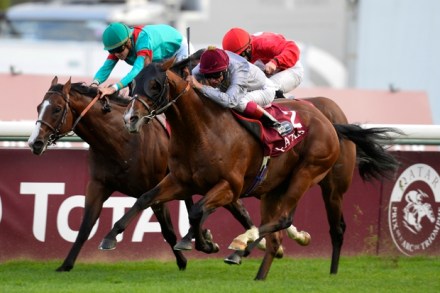Nigel Farage: a two-bit demagogue and believer in lazy ‘Root Causes’
Nigel Farage has performed a useful public service this week. Yes, really, he has. The UKIP leader, you see, is a believer in Root Causes. He is, in fact, a Root Causer and, like every member of that miserable tribe, liable to see every event as confirming the righteousness of his own longstanding, stale-breathed, prejudices. You see we – the west generally – bring all this trouble upon ourselves. At home and abroad. It’s western foreign policy that explains and motivates Islamic extremism and it’s uncontrolled (sic) immigration that’s given it room to flourish in France, the United Kingdom and other countries. How very convenient. The idea that the Charlie Hebdo murders
